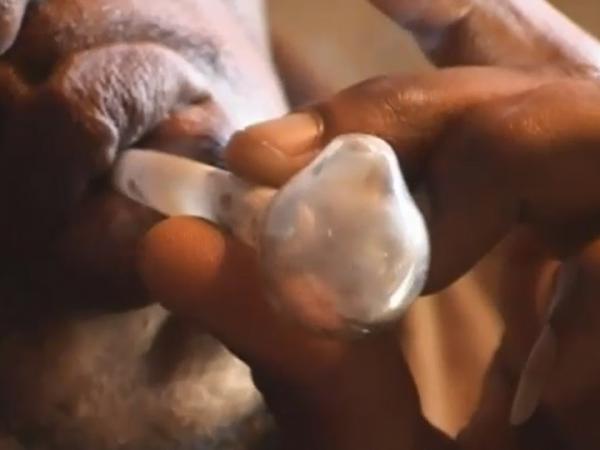Millions for Western Cape substance abuse programmes

The Department of Social Development in the Western Cape has increased this years annual budget for interventions to address substance abuse to R87-million.
According to the site The Naked Truth SAPS figures show 60% of crimes nationally are related to substance abuse. In the Western Cape, the figure is closer to 80%. Perpetrators of crime are either under the influence of drugs or trying to secure money for their next fix.
Helen Zille, Premier of the Western Cape, addressing the media on 19 August, said, “Most violent crimes, particularly domestic violence, as well as many motor vehicle crashes are linked to substance abuse, creating tragedy in countless lives and costing society billions of rands. For these reasons, reducing drug and alcohol abuse and the related harms in the province remains a priority for the Western Cape Government.”
Wendy Magerman, communications officer at the Department of Social Development, Western Cape, explained in an email that substance abuse and addiction is complex. Intervention should be in an integrated manner on a continuum consisting of four stages: prevention, early intervention, statutory treatment, and reintegration and aftercare.
According to Magerman the National Drug Master Plan has a three pronged approach: demand reduction, supply reduction, and treatment. It is expected of each department to develop a mini drug master plan.
The new Prevention for and Treatment of Substance Abuse Act 70 of 2008 legislates that skills development and job creation should become part of the treatment process. The Department of Cultural Affairs and Sports has a role to play to contribute to sport and recreational activities for youth in order to provide healthy alternatives for recreation.
Jabulani Mazibuko, a Vasco da Gama soccer player, said: “The Western Cape government should invest in developing its youth, create sports fields for athletes and other sports. Maybe that will decrease the substance abuse and crime rate especially in the townships.”
“At the age of 12, I started playing for a development team, matriculated in 2010 and started playing for Vasco da Gama. I cannot imagine my life without soccer”, said Mazibuko.
Ruth Fortuin, assistant director at South African National Substance Abuse Western Cape (SANCA), says substance abuse is referred to as a relapsing disease. It is therefore advisable that a person slot into a counseling program to determine their readiness to change, and focus on changing their lifestyle and the areas in their lives affected by substance abuse, as well as preparing for admission to a rehabilitation centre.
Russell Kinnear, an admission officer from De Novo Treatment Centre, said: “We receive applications whether voluntary, court referral or criminal referral; screen it, and give an admission date. We only take 10 people a week.”
Siphokazi Dada, a Scientist in the Medical Research Council’s Alcohol and Drug Abuse Research, said: “I believe that treatment centres in the Western Cape are sufficient to deal with substance abuse. Long waiting lists and unspecialized units at treatment centres hinder the treatment of the majority of abusers.”
Chantelle Pepper, a substance co-coordinator from the Department of Social Development Western Cape, said: “It is difficult to keep records of the successes of treatment centres as addiction is a lifelong battle …. Patients don’t go to the same centres when they’ve relapsed.”
“A total of R41-million is going to inpatient treatment centres, R16-million on community based treatment and R8.1-million on prevention, awareness and early intervention”, said Magerman.
According to the press release, for the first time ever post-treatment aftercare services are available in the Western Cape to ensure that every person who receives treatment has access to aftercare services.
Support independent journalism
Donate using Payfast

Don't miss out on the latest news
We respect your privacy, and promise we won't spam you.
Next: So-where-to Marathon?
Previous: Living with Albinism

This article is licensed under a Creative Commons Attribution-NoDerivatives 4.0 International License.
